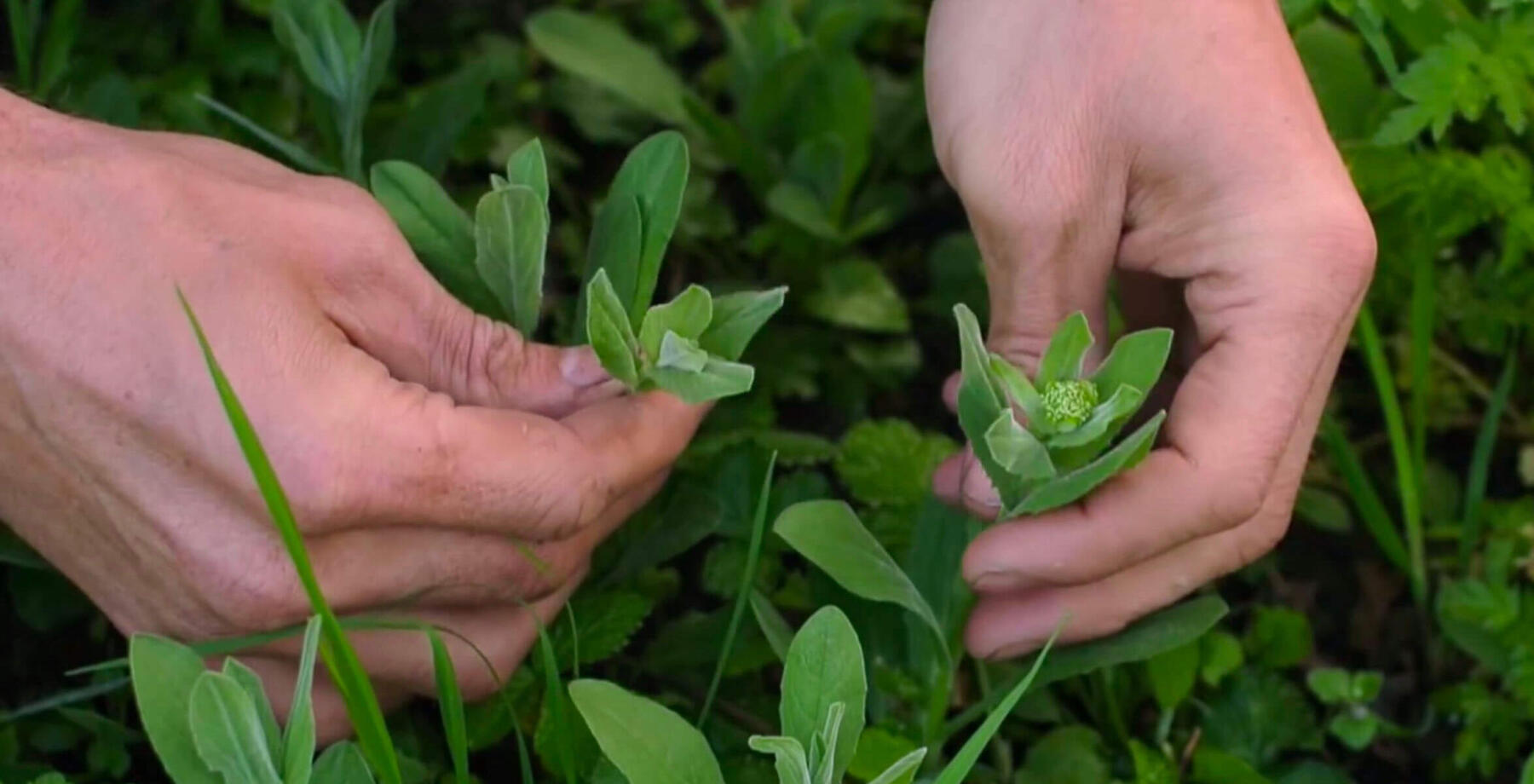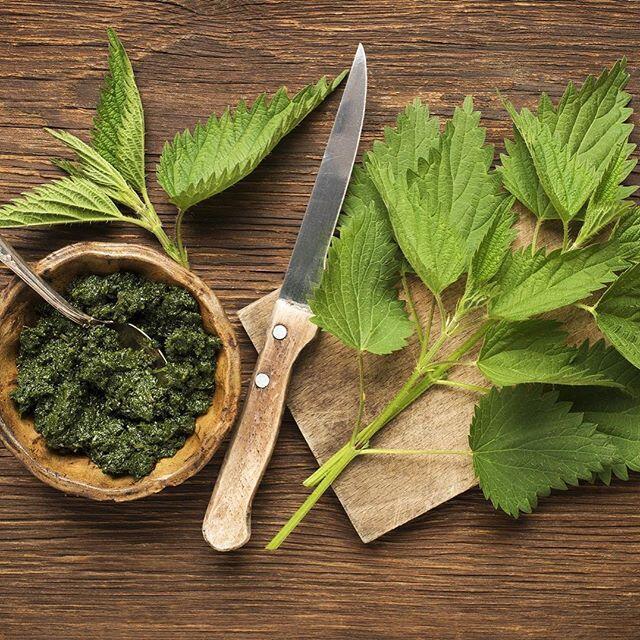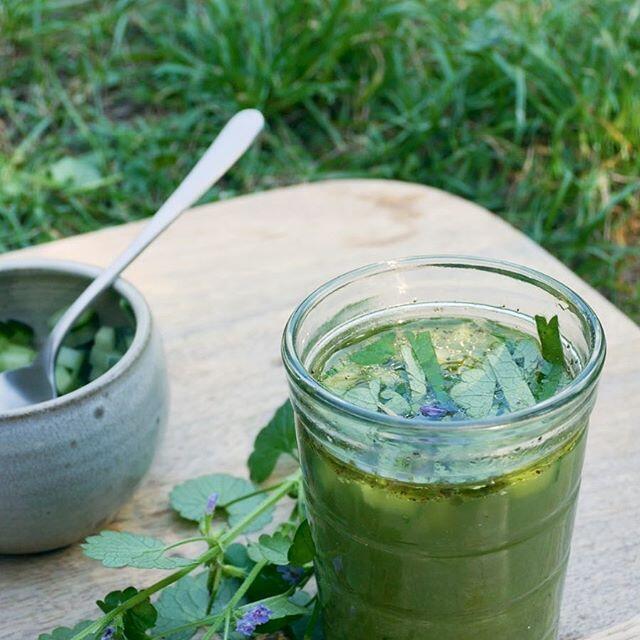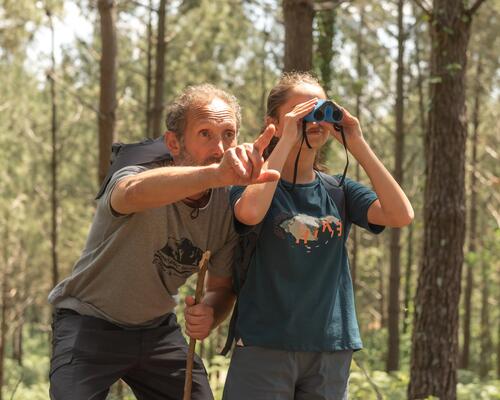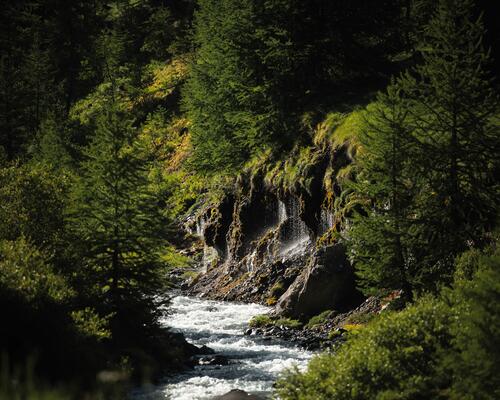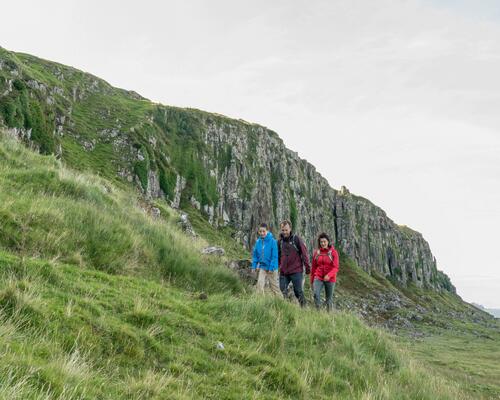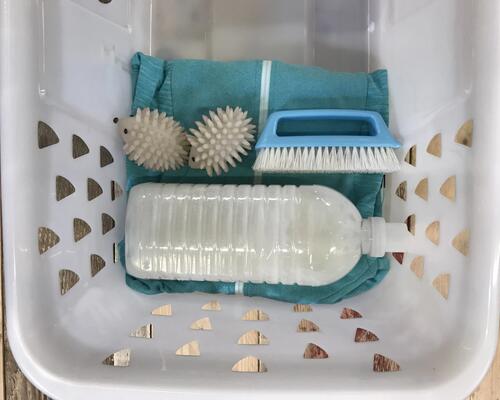The fundamental rules for wild plant pickers
➤ Be absolutely sure about identifying plants you pick for eating.
➤ Avoid those plants close to polluted places such as:
▹ along road sides,
▹ landfills,
▹ non-organically cultivated field or gardens covered with parasites, mushrooms microscopic substances, etc.
➤ Do not pick rare plants, in special and isolated vegetation areas, (peat bogs ...).
➤ Take only the plant parts you need and leave at least two-thirds of the plant population. Take only a small part of the plant's foot length when possible, and leave the strongest plants, so as not to impede their life cycle and co-evolution with the ecosystem.
➤ For the harvest of biennial plants (which live for two years, producing flowers and fruits in the spring of their second year), harvest the roots preferably in the autumn of the first year, or at the latest in early spring, before their stems begin to appear. Indeed, once the stems appear, plants have already tapped into their roots. The roots are therefore no longer usable.
➤ Do not hesitate to pick plants before they are clipped; recover the wood, buds, and sometimes the fruits after the pruning of fruit trees. Without you, they might end up in landfills!

